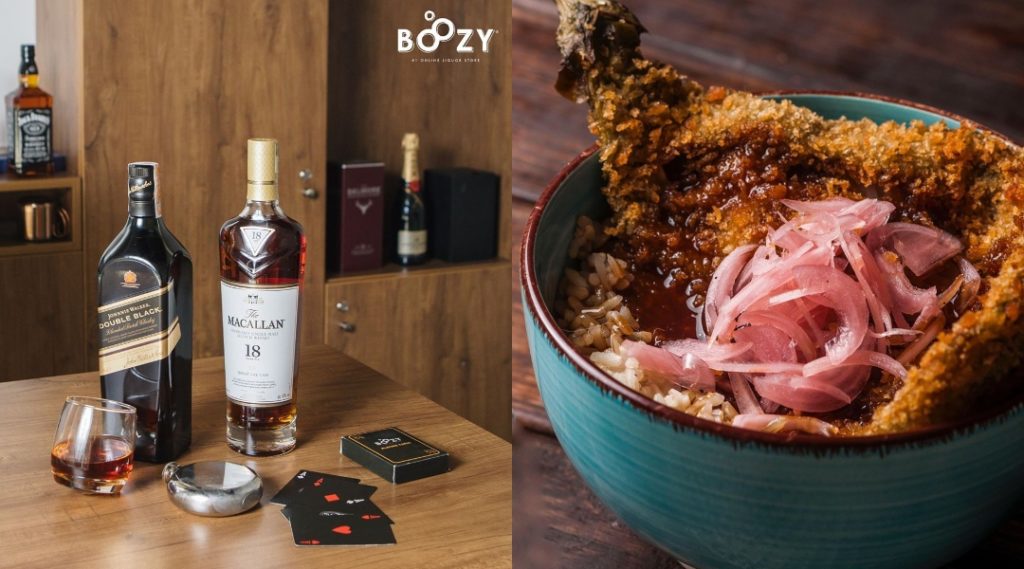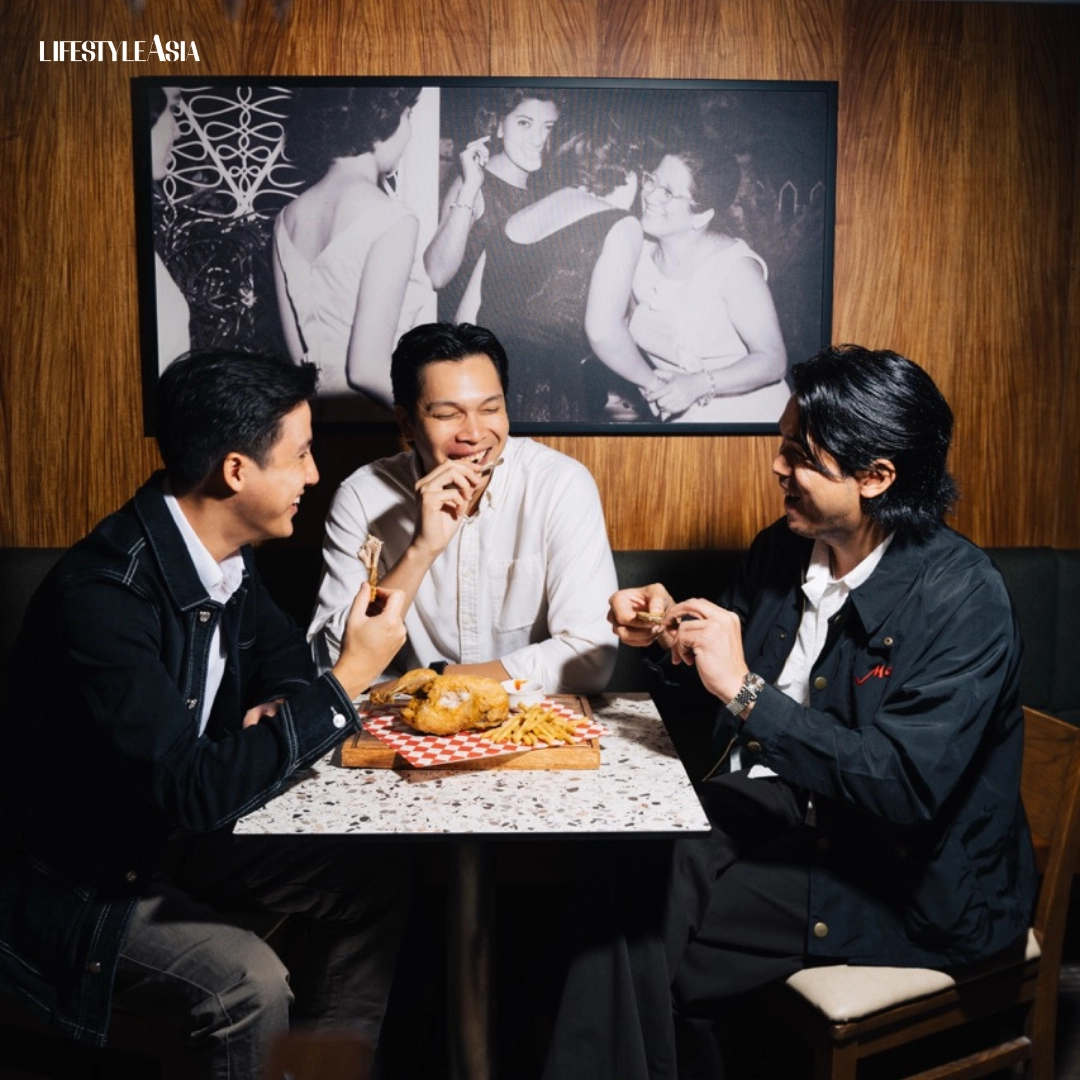We talk to owners of micro, small, and medium enterprises from different industries, and how they are dealing with the impact of the pandemic.
From conglomerates to start-ups, every company had to modify its operations and business practices to adapt to lockdown and travel bans. Unfortunately, many were forced to close down—temporarily or permanently—and this certainly hurt not only employees but employers as well. This includes owners of micro, small, and medium enterprises (MSMEs), the main drivers for economic growth in the country.
During the lockdown, over 52.66% or 525,000 out of the 998,342 MSMEs shut down. Only 12.5% have limited operations while 35% remained in operations. While the national government rolled out a P51 billion subsidy program for middle-class workers, we all know this is not enough. As the pandemic ensues, more MSMEs are struggling to keep their businesses afloat. So, how do they adapt to survive? We talked with fashion designer Gabbie Sarenas, Candy Dizon of Jul B. Dizon Jewellery, Anika Martirez of Anika, and Kimberly Yao of CloudEats and Boozy to know their stories as business owners dealing with the global crisis.
RELATED READS: What Can Business Owners Learn From The Indomitable Ramon Ang?

LEFT: a work from Retreat Petites, an ongoing series of plant and flower embroidery. RIGHT: Geewel Fuster in CECILIA 6. (Photos from Gabbie’s Instagram)

Response to the lockdown
Many Filipinos had little time to prepare when the community quarantine was announced and implemented. For MSMEs, it was a crucial time to promptly come up with a plan for their employees. “We equipped our staff with whatever materials they may need during the lockdown,” designer Gabbie Sarenas says. This allowed them to continue work while still following the lockdown guidelines.
Similarly, Anika Martirez prioritized the health and security of her employees. “I ensured that my team members who were most affected would receive monetary support for a whole month while remaining cooped up at home.” Production halted and only resumed mid-April to take pre-orders. “The sales coming in allowed us to maintain the standard of livelihood we continued to provide our seamstresses,” she adds. Although production is limited, she hosted a Shop for a Cause by the end of March to make meaningful purchases. 100% of the proceeds went to beneficiaries like Caritas Manila, Kaya Natin OVP, and city hospitals.
For Jul B. Dizon Jewellery, Candy Dizon says they had to cancel work to avoid stranded employees in the metro. Apart from arranging funds for them every 15 days coupled with the Small Business Wage Subsidy, the management “arranged an online chat group for them to be able to reach out and air their feelings, opinions, and problems, and in turn we assured them that we were there to give them full support,” Candy shares.
Fortunately for CloudEats and Boozy, they remained open and whether working from home or otherwise, all employees received their full wages. Co-founder Kim Yao clarifies, “We are committed to keeping our talent that we have developed so we wanted to make sure that everyone was taken care of.” The companies provide shuttle services for employees reporting to work and they ensure the implementation of safety and health guidelines in their office as well.
RELATED READS: For These Companies, It Is Business As Usual, But With Purpose

LEFT: _SKEWED_ collection with creative director Ria Prieto. LEFT: Kalachuchi collection in collaboration with Lucy Torres-Gomez. (Photos from Jul B. Dizon Jewelry)

Remaining afloat
As the quarantine in the country continues to extend, businesses either shifted production, went online, or came up with other strategies. For many, the lack of public transportation hampered operations. “We are on a 12-14 hour work schedule,” Kim says about CloudEats. So, they try to maximize work during these shortened hours. As for Boozy, the lift on liquor bans created a growing demand but Kim’s team keeps up with it.
The online nature of these businesses is a good model for others too. Left with digital space to communicate, Candy shares part of their personalized service is keeping in touch with clients. “Keeping communication channels open was an integral aspect of survival, not only for the business but for ourselves… to encourage the feeling of community,” she explains. Likewise, Gabbie kept in contact with her team on “prototype sampling, embroideries from home, and incubating ideas.” They also launched a project, Retreat Petites where they post their plant and flower embroidery work on Instagram. Gabbie is proud to share, “This was our way of serving both sides: keeping our staff productive and challenged and bringing warmth to our audience.”
The lockdown also forced many businesses to downsize, including Anika’s eponymous brand. “We were working with a decentralized set-up for production…only seamstresses who had machines at home were able to work on orders,” she explains. “The team was spread out in different barangays with different lockdown measures, which made it challenging.” Yet they made it work—staying online and starting production only once an order is confirmed and paid. Recently, they began Wrap for Keeps, a multi-functional non-medical grade fabric mask. It can also be “hair or bag accessories, water bottle strap holders, hat or luggage accents, dog bows—the list goes on,” Anika says.
RELATED READS: Get To Know These Young Filipino Entrepreneurs And Their Businesses

LEFT: Liquor available to order from Boozy. RIGHT: “I Am Loved” Eggplant Katsudon bowl from CloudEats. (Photos from Boozy and CloudEats)

Recalibrating the business
With the rising number of COVID-19 cases in the country, it is difficult to assess the future whether in the personal or professional aspects of our lives. Gabbie feels the same way, “Honestly, we are still creating a road map for all parts of the business.” So, apart from guiding her team in their work, they are reviewing their product line to “see what is essential and what can complement that.” Anika bears a similar entrepreneur attitude, “My marketing approach has also been more mood-boosting rather than sales-driven… It is all about designing with intent and purpose.” Receiving positive feedback and the unwavering support of both new and loyal clients motivate Anika. “What I will be producing must be more valuable and meaningful to those who want it,” she affirms.
When they resumed operations in June, Candy arranged for some of her employees to work from home while others report to the office, provided with shuttle services and accommodation. Before they start the day, they would also do basic stretching and calisthenics with social distancing. The same precaution goes for Kim’s businesses as well, taking the necessary steps to prioritize the health of employees and customers in this challenging situation.
RELATED READS: Recovery Plan: Ways To Keep Businesses Alive After The Lockdown

LEFT: Our Wrap for Keeps. RIGHT: Blanca dress. (Photo from @wear.anika)

Supporting MSMEs
In response to the growing needs of entrepreneurs to support their businesses, the government and some private sectors have been launching programs. Gabbie praises these efforts, especially the webinars, “It is very informative and encouraging that everyone is helping out everybody.” However, they need further assistance. For Anika, it’s about “[engaging] small businesses more through other subsidy programs, incentives, and easing off of taxes.” She adds how the government’s aid in COVID-19 testing for businesses’ personnel would be a great help as well.
For Gabbie, it’s about equipping the Filipino labor force with specialized training. “Based on experience, it is a challenge to even look for people who would want to do specialized clothing or embroidery as it is not the usual or out of the comfort zone.” Candy echoes the same sentiment. She underscores the value of enhancing one’s skills through the government’s online technical classes. Since everything is online now, “It is a must that the internet telecoms infrastructure be upgraded,” she points out. “Remote working will be here to stay, so the speed, quality, and affordability of connectivity [are] very important in this critical new chapter for everyone.”
The stories of these business owners are only among the thousands still struggling in this crisis. It is unfortunate that many businesses, even giant ones, have permanently closed down. As the pandemic ensues, there seems to be no opportunity to open again. For now, what we can do is keep looking for business opportunities and help each other in ways we can.





